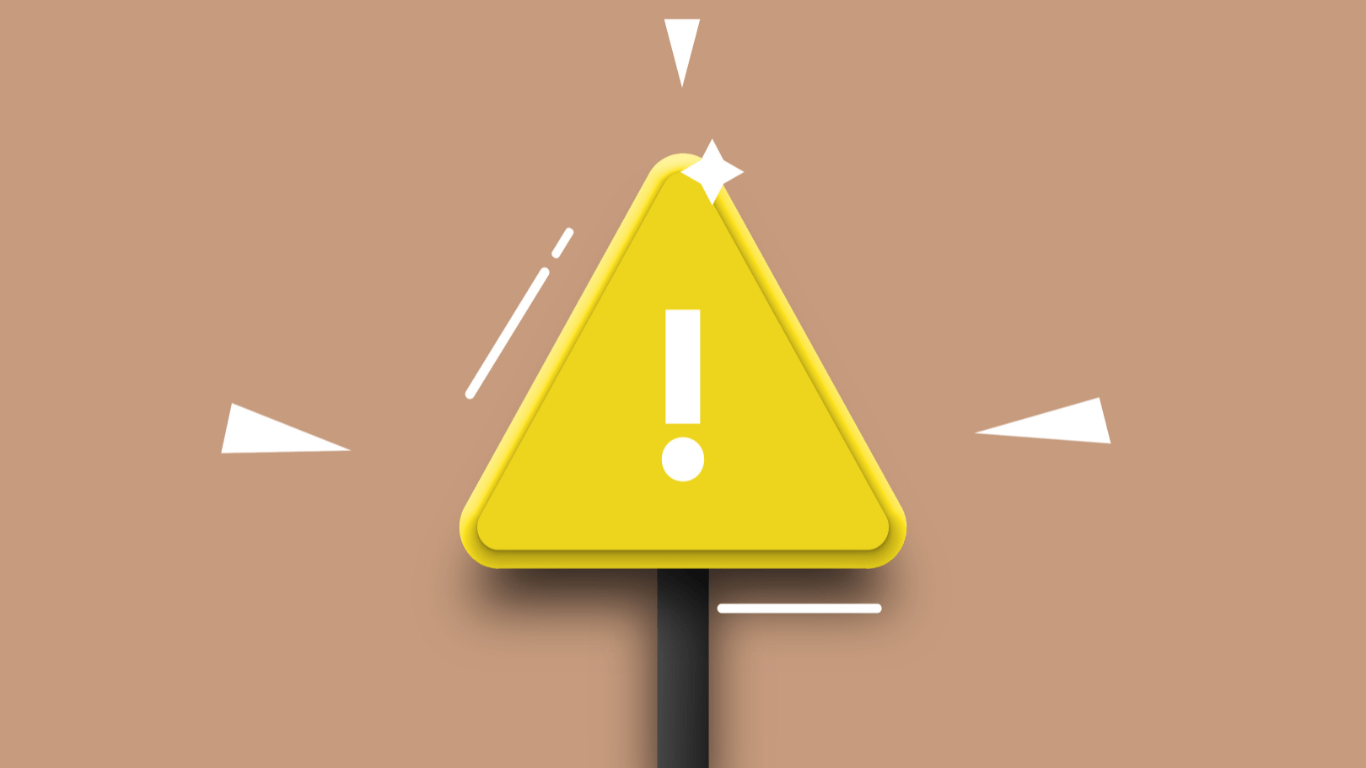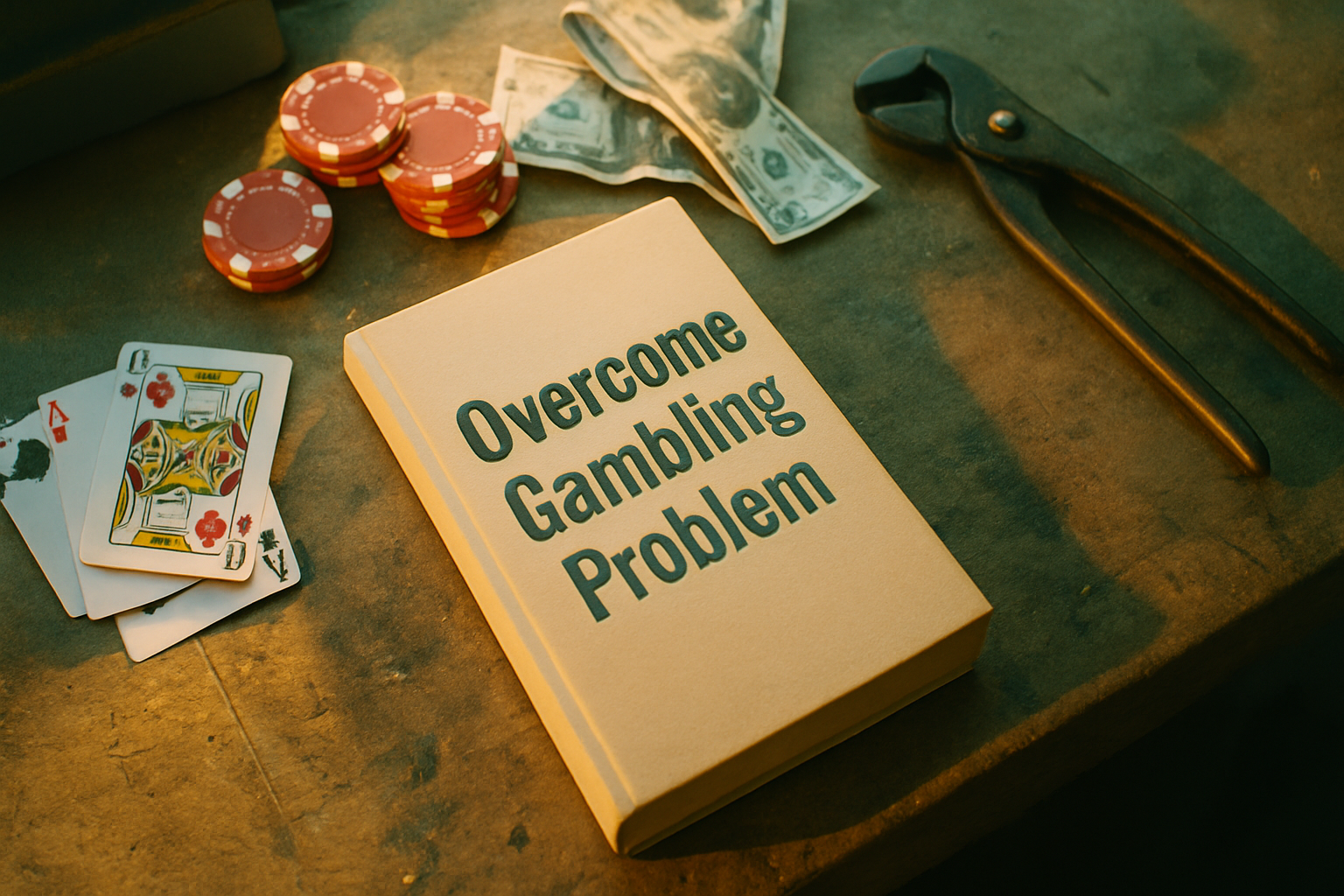As someone who has witnessed the impact of problem gambling firsthand, I understand the importance of recognizing the signs early on. In this article, I’ll guide you through the subtle cues that may indicate a deeper issue at play.
It’s crucial to be vigilant and proactive when it comes to addressing problem gambling to prevent further harm. From financial strain to changes in behavior, the signs of problem gambling can manifest in various ways.
By understanding these red flags, you can take the necessary steps to seek help and support. Remember, seeking assistance is not a sign of weakness but a courageous step towards regaining control of your life. Stay tuned as we delve into the warning signs and strategies for seeking help in the realm of problem gambling.
Understanding Problem Gambling
Exploring the depths of problem gambling is crucial in addressing and mitigating its impact. Unraveling the layers of problem gambling sheds light on its complexities and challenges.
Diving into the nuances of problem gambling unveils its multifaceted nature and the hurdles it presents. Analyzing the intricacies of problem gambling is vital to formulating effective interventions and support mechanisms.
Delving into the intricacies of problem gambling illuminates the path to seeking help and recovery.
Signs of Problem Gambling
Recognizing the signs of problem gambling is crucial in addressing the issue effectively. Here are some key behavioral and psychological indicators to watch for:
Behavioral Signs
- Secrecy: Regularly hiding gambling activities from friends and family.
- Financial Strain: Constantly borrowing money or struggling to pay bills due to gambling losses.
- Irritability: Exhibiting frustration or irritability when unable to gamble.
- Neglected Responsibilities: Ignoring work, school, or family obligations to gamble.
- Chasing Losses: Continuously trying to recoup previous gambling losses.
- Anxiety: Feeling anxious or restless when not gambling.
- Depression: Experiencing prolonged feelings of sadness or hopelessness related to gambling outcomes.
- Mood Swings: Fluctuating between elation and despair based on gambling results.
- Isolation: Withdrawing from social activities or relationships to spend more time gambling.
- Denial: Refusing to acknowledge the negative impact of gambling on personal well-being.
By recognizing these behavioral and psychological signs, individuals can take proactive steps to seek help and address problem gambling before it escalates.
Impact of Problem Gambling
Exploring the impact of problem gambling is crucial in understanding the far-reaching consequences it can have on individuals, families, and communities. Problem gambling not only affects the individual directly involved but also has ripple effects, creating a web of challenges that can be difficult to overcome.
- Financial Fallout: Gambling addiction often leads to severe financial strain, draining savings, accruing debts, and jeopardizing financial security. The constant urge to gamble despite mounting losses can result in dire financial consequences, jeopardizing livelihoods and stability.
- Emotional Turmoil: Problem gambling frequently triggers intense emotional turmoil, manifesting as anxiety, depression, mood swings, and feelings of hopelessness. The emotional rollercoaster exacerbated by gambling losses can lead to a cycle of despair and desperation for individuals grappling with addiction.
- Relationship Strain: The impact of problem gambling extends to relationships with family and friends, causing rifts, mistrust, and emotional distancing. The secrecy and lies often associated with gambling addiction can erode trust and lead to strained relationships, isolating individuals further.
- Psychological Toll: Problem gambling takes a significant psychological toll, affecting self-esteem, cognitive function, and decision-making abilities. The obsession with gambling can cloud judgment and impede rational thinking, exacerbating the challenges associated with seeking help and recovery.
By recognizing the multifaceted impact of problem gambling encompassing financial, emotional, relational, and psychological domains, individuals and communities can grasp the urgency of addressing this issue proactively. Seeking help and intervention at the earliest signs of problem gambling is paramount to mitigating its adverse effects and promoting a path towards healing and recovery.
Seeking Help for Problem Gambling
Exploring the journey of seeking help for problem gambling is a pivotal step towards reclaiming control and initiating the path to recovery. Acknowledging the signs of distress and seeking support are crucial actions to address the complexities of problem gambling comprehensively.
When facing the challenges of problem gambling, individuals often experience a range of emotions and practical difficulties that may seem overwhelming. Despite the initial apprehension, reaching out for help is a proactive decision that can make a significant difference in managing the issue effectively.
Support networks, such as helplines, counseling services, and support groups, offer valuable resources for individuals struggling with problem gambling. These avenues provide a safe space to share experiences, receive guidance, and access professional assistance tailored to specific needs.
Taking the initiative to seek help signals a willingness to confront the issue head-on and work towards sustainable solutions. By engaging with supportive resources and treatment options, individuals can cultivate coping strategies, rebuild relationships, and foster a sense of empowerment in navigating the recovery process.
Overall, recognizing the signs of problem gambling and taking proactive steps to seek help are pivotal in initiating a transformative journey towards healing and regaining stability. Embracing the support available and committing to positive change are integral aspects of breaking free from the grips of problem gambling and fostering a healthier relationship with oneself and others.




